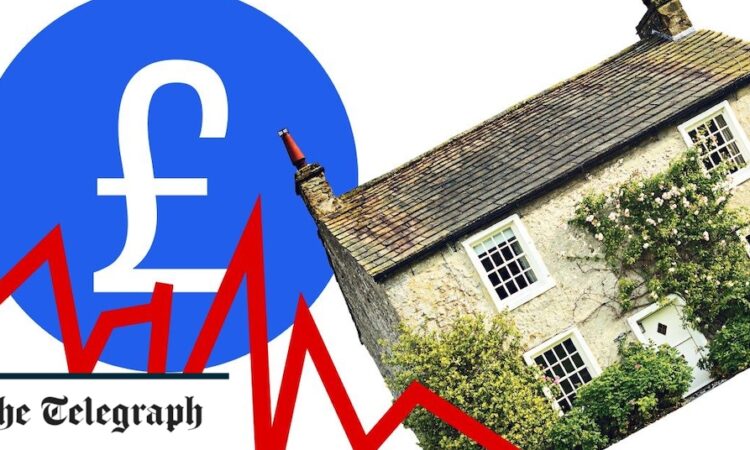
Bricks and mortar for 6.5 per cent
If you already have a healthy pension, Isa and investment portfolio you might decide to choose a different asset class to diversify.
Property offers the potential for capital growth as well as a rental income.
With house prices remaining high the entry point is challenging, and the trimming of tax breaks means landlord’s profits are being squeezed.
Yet there is money to be made. According to estate agent Hamptons, on a £250,000 property bought for cash (no mortgage) and assuming 5pc annual rental growth, an investor could expect total income after costs of £71,700 after five years. Average rental yields this year are forecast to be 6.5pc, said Hamptons.
David Fell, senior analyst at Hamptons, said: “Looking forward, it’s likely that rental income is going to account for a larger chunk of investors’ returns, as higher interest rates bear down on house price growth in the medium term while fuelling rental growth.
“Yields have risen across the country. This is a product of rents going up while house prices have remained flat, which reflects increased costs for most landlords. While rents, as opposed to price growth, have historically always tended to generate the bulk of returns in northern England, we expect returns in the south of the country to take a fairly similar shape over the next five or so years.”
The income from property can be taken if needed, or it can be re-invested. Some landlords choose to build up a cash pile to fund their next property purchase if they want to add to their portfolio. Others reinvest in other ways.
Venture capital trusts (VCTs) are a popular option, as they allow rental income to be invested tax efficiently. VCTs are funds that invest in a basket of typically 50 to 80 privately owned companies that are often hard to access on listed markets.
These range from tech businesses to consumer brands including fashion retailer ME & EM, jeweller Monica Vinader and burger chain Five Guys. To compensate for the extra risk of investing in these companies, you can offset 30pc of your investment against income tax liabilities as well as receiving tax-free dividends.
To qualify for the tax break you must hold the investment for at least five years.
There are risks involved with property ownership to weigh up, of course. There could be further tax changes, periods where the property is empty, or a sharp house price correction impacting capital growth. Buying with a mortgage will severely dent profits and, as rates have risen dramatically in recent months, requires a much larger deposit than in the past.






